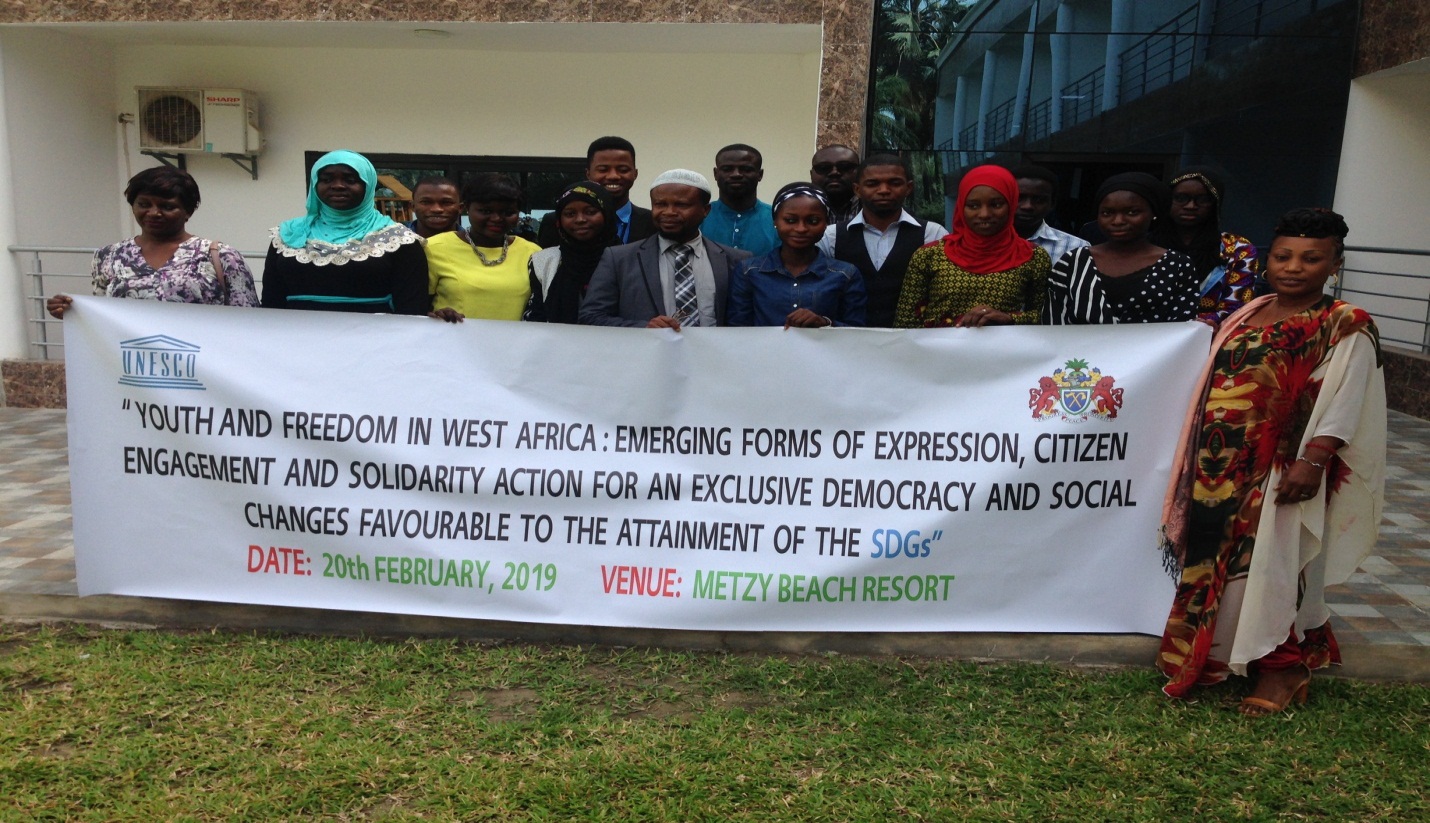By: Nyima Sillah
The International Organization for Migration (IOM), on Thursday, embarked on a two-day capacity-building training for Tourism Security Officers on Trafficking-in-Person. The training funded by the US government aimed to enhance National efforts to combat trafficking in person, in The Gambia.
Speaking at the training held in Sunset Hotel, Mrs Tulai Jawara-Ceesay, the Executive Director of NAATIP said The Gambia is perceived to be a source, a transit point, and a distinct point for cases of trafficking in person just like many other countries in the sub region.
“The two most common trafficking in person we have in The Gambia are Gambia girls going to the Middle East and work as house girls or domestic servitude and we also have Nigerian girls coming to The Gambia to work as sex workers,” she divulged.
“Trafficking in person is a global phenomenon and we must all put our hands together to work in combating trafficking in person in The Gambia,” she added.
For his part, Ousman .G. Kebbeh, the GT Board Manager of Public Relation and Communications explained that “we have to engage the perpetrators, the traffickers because they are making so many vulnerable people as victims changing their lifestyles from better to worse and inflicting pain on the victims every day.”
It’s a hideous crime, he said, and hope that the two days of training will expose them more to the tactics that the perpetrators or traffickers use to deceive people.
He said the training will also provide them not only knowledge but also the skills to collaborate with them and at least eradicate or minimize trafficking in the country.
However, Stephen Matete, the Program Coordinator Migration Management, IOM also said the law enforcement officers within the tourism sector play an integral role in combating trafficking in person.
He added that the security officers are on the frontline to ensuring that the Gambia tourism development areas are safe from any predation of human trafficking including child trafficking.
“At the end of the training, it is our sincere hope that the law enforcement officers within the tourism sector will be able to understand concepts of trafficking in person, be able to identify Victims of traffickers and activities related to human trafficking within the tourism development areas and be able to provide preliminary assistance to victims of trafficking through a referral process,” he said.




